Interesting Tidbits About Wine
Click on the articles below to learn more about wine production and enjoyment.
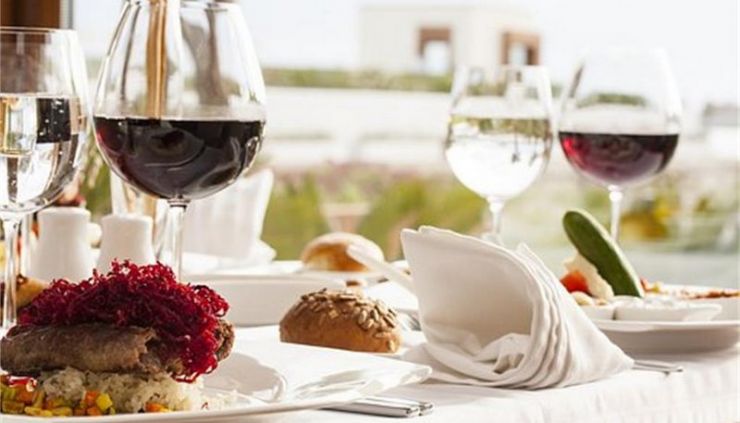
Know the single purpose for the restaurant wine tasting ritual and confidently respond to your server.
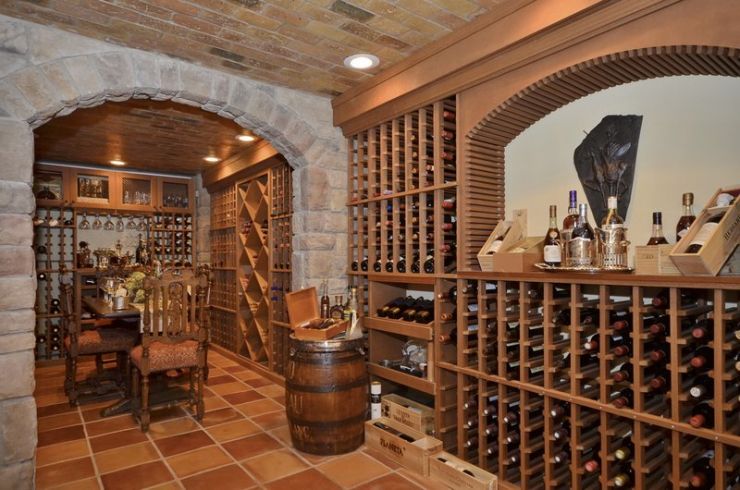
Learn benefits of wine cellaring and which wines to cellar.
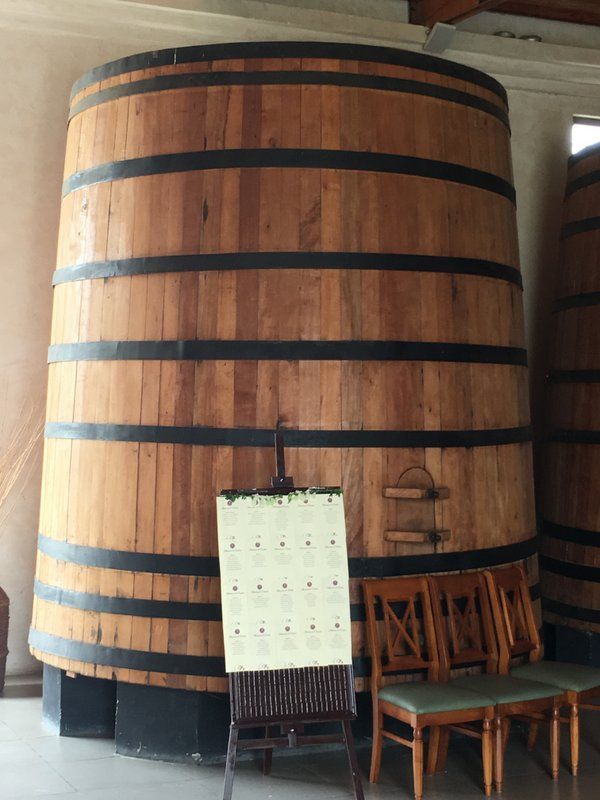
Wine vintage and production region affect taste.

To maximize flavor, serve wine at the temperature appropriate to its type, body and complexity.
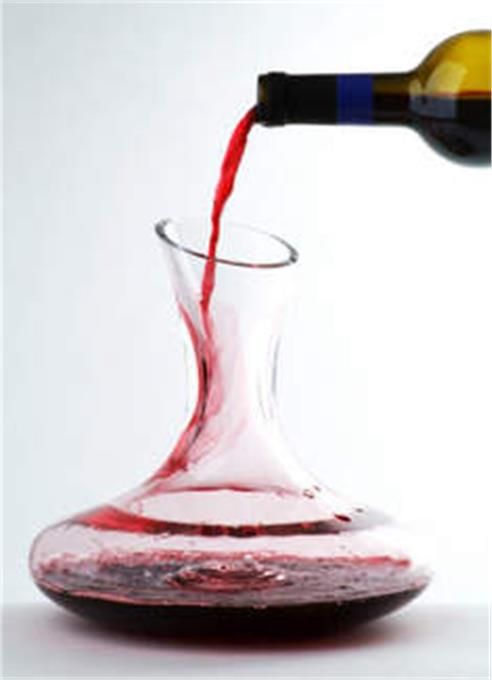
The color and taste of wine changes as it ages.

The name of a sparkling wine is usually an indication of its region of origin, and the method used to produce the wine is closely linked to its quality.
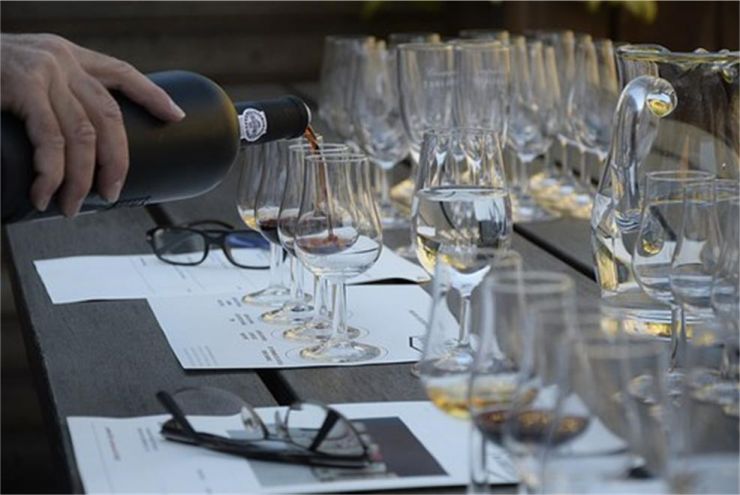
Typically, fortified wines are sweet wines and are most often paired with desserts.
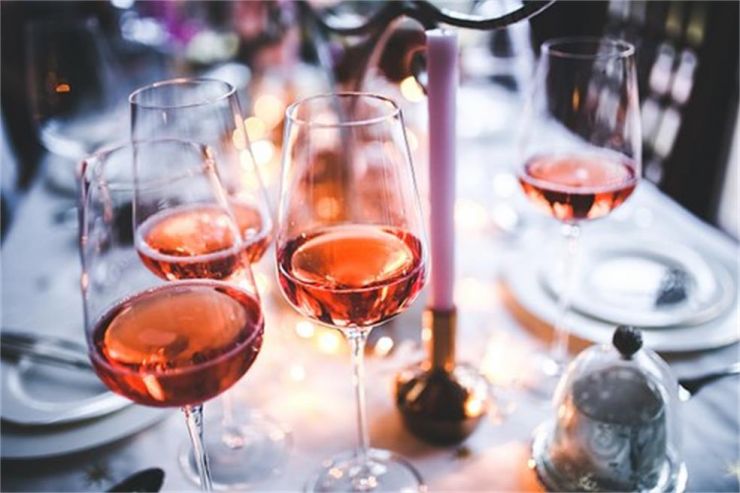
Rosé wine is an oft misunderstood and underappreciated wine that is worth your consideration.
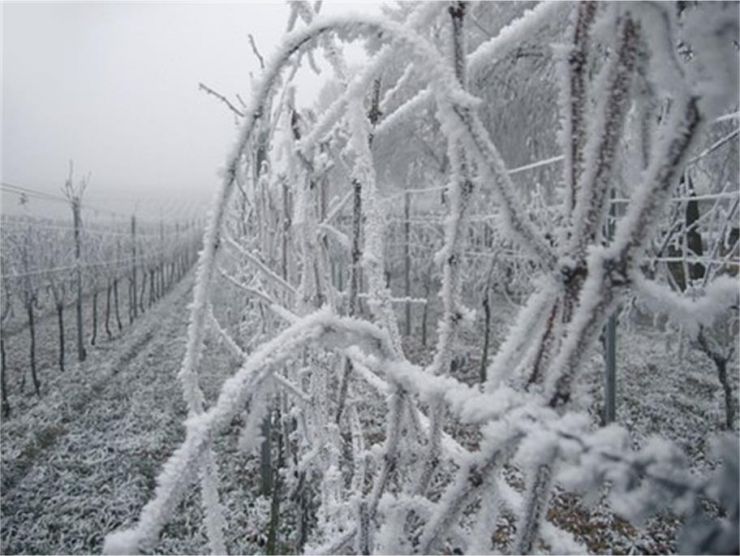
The naturally sweetest wines are produced from frozen grapes or from grapes that are affected by a fungus known as botrytis.
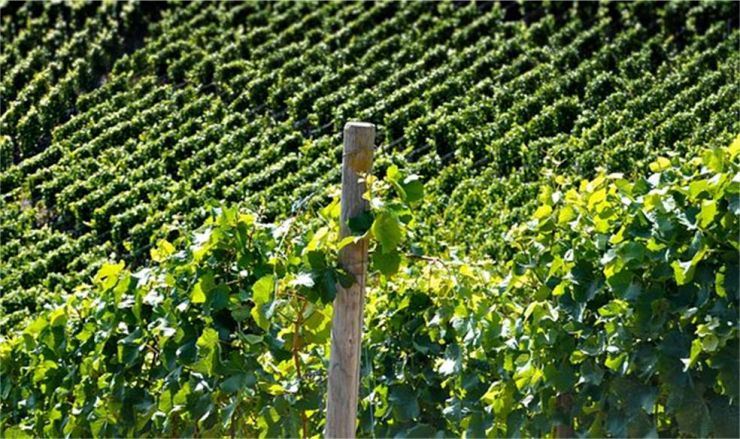
Where vines are planted affects the quality and taste of wine produced from the vines' grapes.
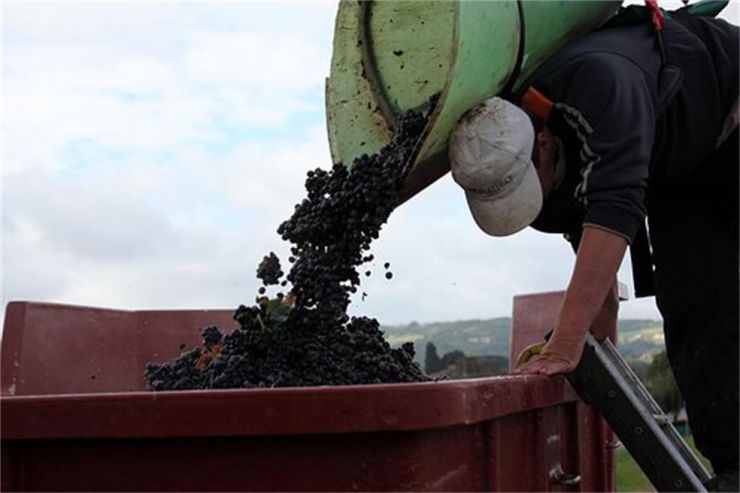
A wine’s quality is greatly affected by the farming and production methods and techniques employed.

A wine appellation system is a set of regulations that dictate how wine is classified, labelled and, in some cases, produced.
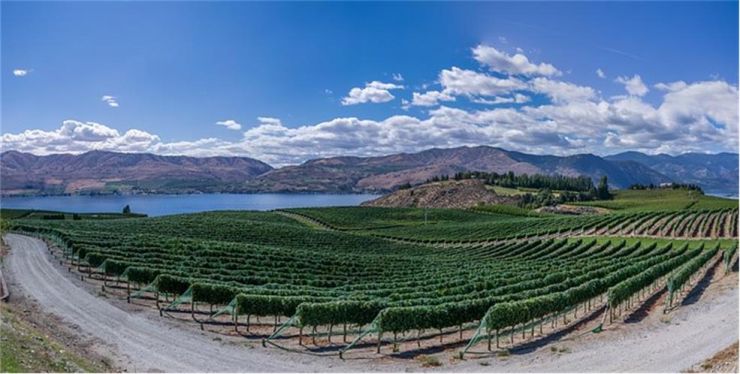
Terroir is all of the aspects of winemaking not controlled by humans that determine the flavor and taste of wine.


